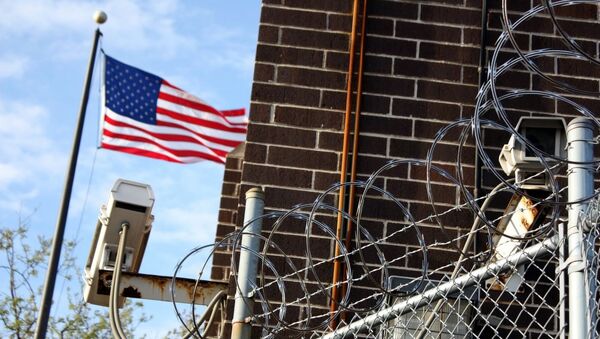“Plaintiffs make claims that are inaccurate, misleading, or an attempt to improperly substitute their judgment regarding the operations of ICE family residential centers in place of the judgment of those authorized by Congress to administer these facilities,” Fresco wrote.
The lawyers argued that continuing the detention practices violates a ruling that bars ICE from detaining children and their parents in jail-like facilities for more time than it takes to process and release them to family members, McClatchy reported.
Fresco alleged that detention centers were not adequately feeding the children and did not provide enough access to bathrooms as well as preventing the parents from contacting legal counsel. The motion described children being fed sandwiches consisting of “two frozen pieces of bread and one thin cold slice of ham.”
“As numerous declarations confirm, CBP’s [Customs and Border Protection] provision of inedible and inadequate food to detained class member children is systemic and widespread,” the May 17 motion asserted.
Last summer, a judge in Los Angeles ruled that the family detention policy violated a previous ruling regarding the rights of migrant children. The administration was given until October 23, 2015, to begin complying with an order that children be released within five days, other than in extreme circumstances.
The average detention of those booked into ICE family residential facilities is approximately 11.8 days, according to reports.
There are three family detention centers in the country, in addition to more than 80 additional immigrant-detention centers run by the ICE as well as privately-run detention facilities.
In June 2015, the UN High Commissioner for Human Rights issued a scathing report on US immigration detention centers for their inhumane conditions, including a lack of health care, systemic violence and overcrowding. The UN envoy also called for the US policy on illegal migrants, especially women and children, to be overhauled.




